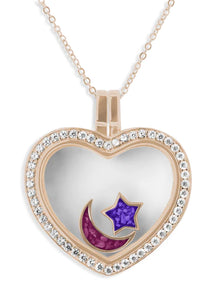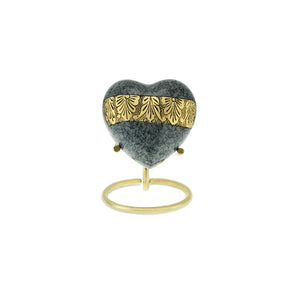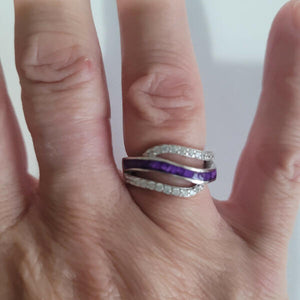Cremains, who has the right to keep them?

Cremains is the name given to what a body becomes after cremation. It consists of ashes and fragments of bone pulverised into tiny pieces.
Make clear what you want to happen with your body
If a person has left a valid will and testament, this usually states his wishes as to what happens to the body and/or the cremains. Simply mentioning somewhere in the will that you want your body cremated is not sufficient. You must make sure that it is clear that this is your express wish. The executor of the will, who may be a family member, friend, or solicitor, must be sure of your wishes.
If there is no will, there is a hierarchy of family members who have the right to decide what happens to the body.
Who owns the cremains?
In his Institutes of the Laws of England, Sir Edward Coke states the following. "Though the heir has the property in the monuments and escutcheons of his ancestors, yet he has none in their bodies or ashes".
No one can own a human body either in life or after death. Cremains are, therefore, not the property of anyone. The executor of the will, or the surviving relatives, only have custody of the body of the deceased or the ashes.
Who can make the decision about the disposal of the body?
If the deceased clearly states their wishes for the disposal of their body it is the executor of the will's duty to follow them. The executor has the right to take possession of the body for this purpose even before granting probate. He is morally bound to follow the deceased's wishes and is not required to take into account the wishes of surviving relatives.
If a person dies intestate ( without a legal will) their nearest relative has the right or duty to dispose of the body. The established hierarchy in the Non-Contentious Probate Rules 1987, as follows:
- Surviving husband or wife, next.
- Children or grandchildren, then.
- Parents of the deceased, followed by.
- Brothers, sisters, nieces or nephews, related by blood, then.
- Grandparents, and finally.
- Blood-related aunts, uncles and cousins.
Neither a cohabiting partner nor stepchildren figure in this list.
Arguments most frequently occur between relatives who fall into the same category.
How are disputes over cremains resolved?
Sometimes disputes may arise between family members who have different ideas about the funeral arrangements. Or, regarding cremation and the final resting place of their relative. The courts are reluctant to rule in these kinds of disputes and encourage people to leave a clear indication in their will. Failing this, they promote dialogue between the parties. In the event of a legal intervention, the decision will be in favour of just one of the parties. The court never orders the division of the cremains between differing parties.
Sharing the cremains among various people using beautiful keepsake urns can be a good option.






